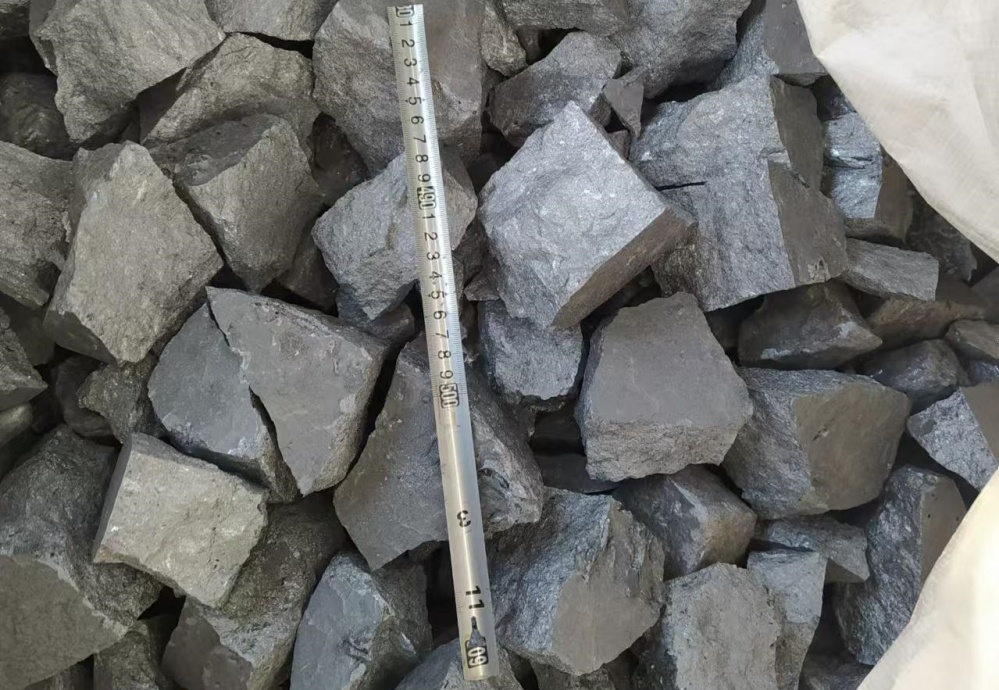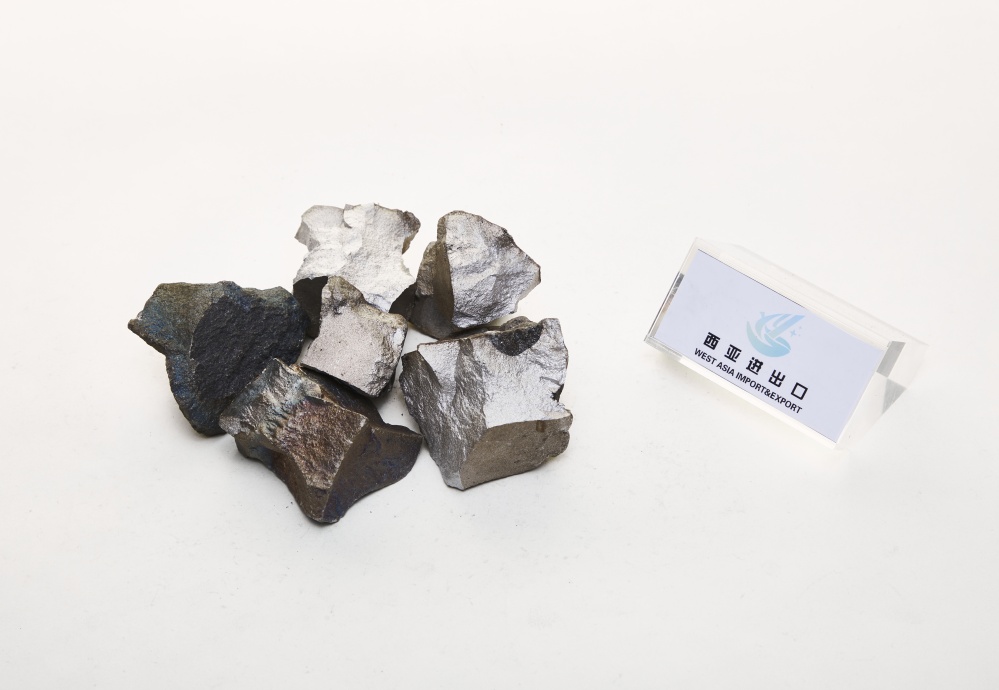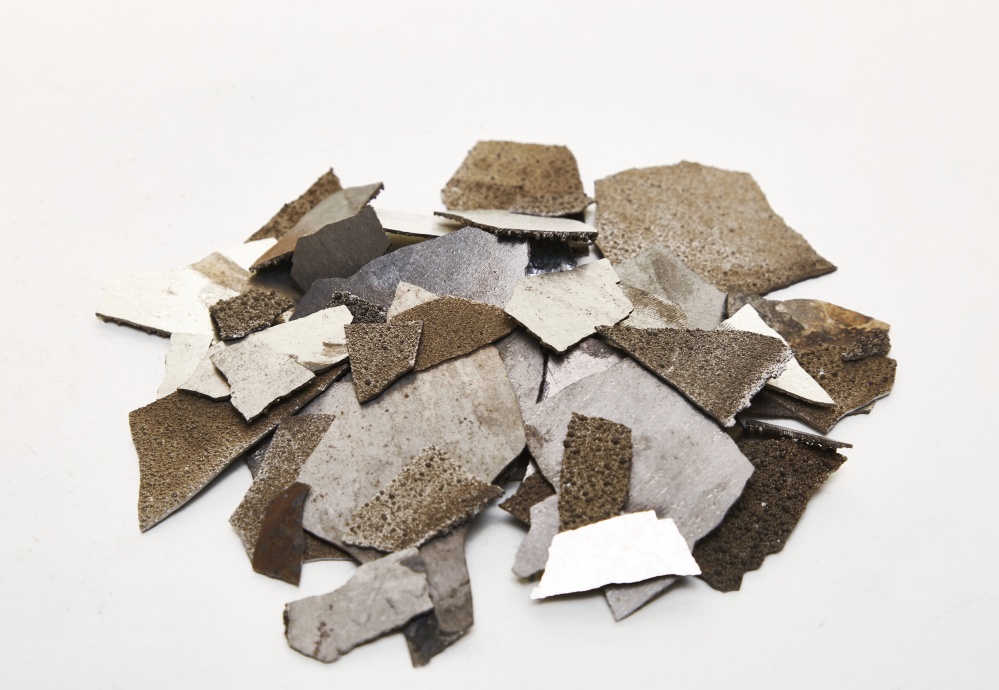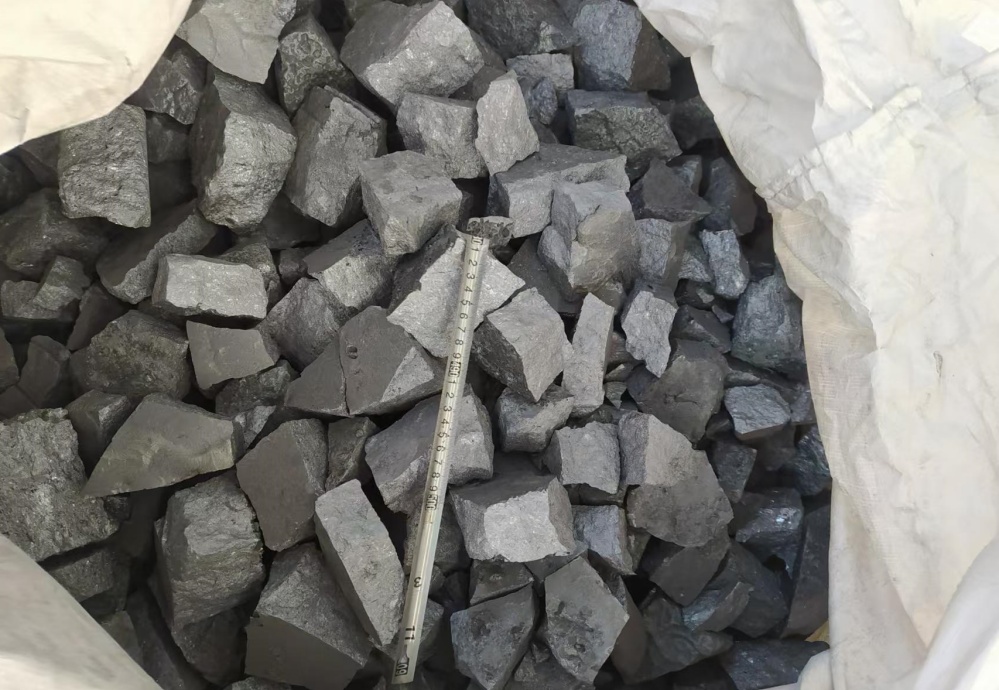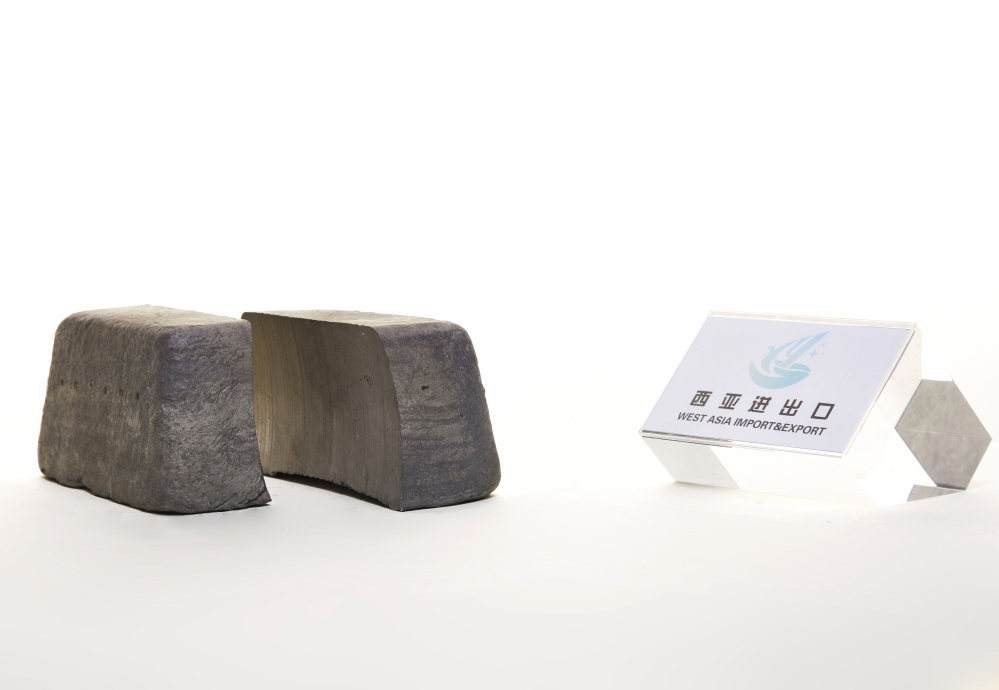ArcelorMittal, one of the world's largest steelmakers, was forced to cut production
Sanctions against Russia have caused a backlash in Europe. Soaring energy prices have hit German industrial companies hard. In Hamburg, Germany, ArcelorMittal, one of the world's largest steelmakers, was forced to cut production at its steel plant here.
This is ArcelorMittal's large steel plant in Hamburg, Germany, built in the 1970s. Before the Russian-Ukrainian conflict broke out, the steel plant produced 1 million tons of steel a year, mainly for automobile production in Germany. Today, however, a pile of iron ore is piled up outside the factory.
Steel mill workers: Based on our projected (future) energy prices, it is doubtful that the mills will continue to operate next year.
Chief executive of ArcelorMittal Hamburg, said energy bills have risen sevenfold since the outbreak of the Russian-Ukrainian conflict, preventing the plant from operating as normally as before. More than 500 workers at the steel plant have also had to reduce their hours since early October.
CEO of ArcelorMittal Hamburg: It's not just about our factories, we have to create the conditions (reduce energy costs) to continue producing in Europe. If this is not done, it is clear that some of the most energy-intensive parts of production will be relocated.
European manufacturing is turning to the US
Last month, ArcelorMittal said it had closed two plants in Germany due to soaring energy costs and moved to a U.S. plant in Texas to continue production. Amsterdam-based chemical company OCI has also announced an expansion of its Texas facility.
"The Wall Street Journal" pointed out: Few European companies have not been involved in this energy crisis. The question is whether the current pain is temporary, or is it a sign of the beginning of an era of "deindustrialization". The only certainty is that in the future, Europe will no longer be able to rely on cheap Russian energy as it competes with the resource-rich United States.

